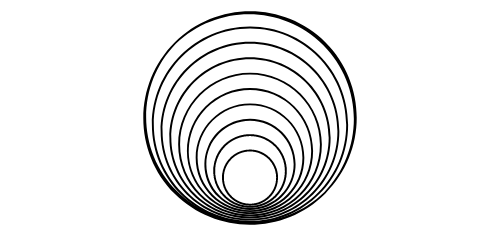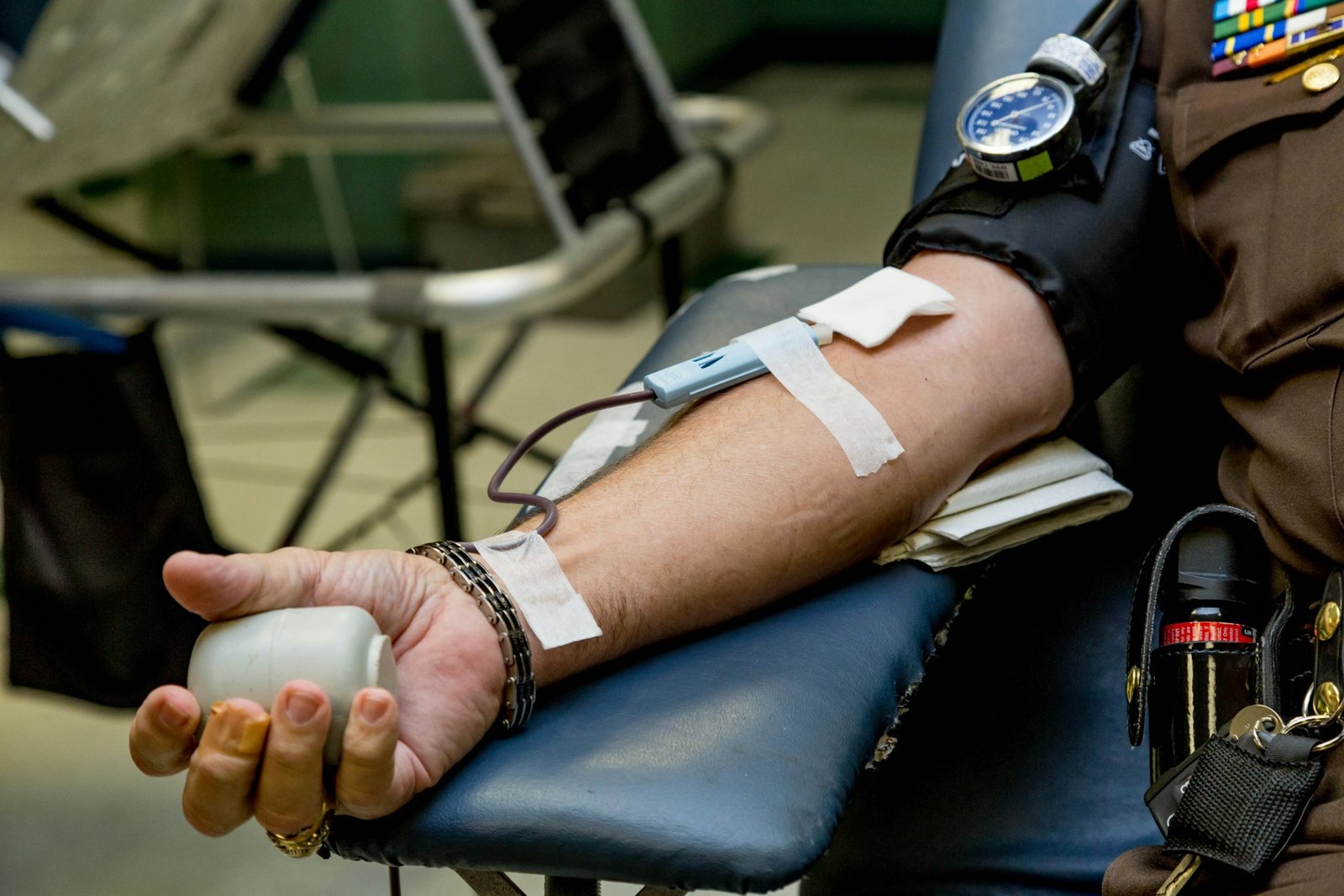As the third leading killer in the world, high blood pressure (hypertension) is responsible for one in eight adult deaths. If left untreated it damages the blood vessels and puts extra strain on the heart, resulting overwork damaging the heart muscle. High blood pressure can also wreak havoc on the kidneys and eyes and, if left untreated, is a a risk factor for kidney failure and blindness.
High blood pressure is contributing factor in many heart attacks and strokes. Half of all people suffering at first heart attack and two-thirds of people suffering first stroke have high blood pressure. It can be attributed to seven out of 10 strokes.
For women with high blood pressure who also take the contraceptive pill, their risk of heart attack is increased by two to three times. That risk increases if they are also overweight or obese.
High blood pressure is quite a remarkable condition in that, if left untreated, it will probably kill you, yet its symptoms are often silent that you many not know you have a problem until you unexpectedly have a heart attack or stroke.
Are You At Risk?
The statistics are shocking, so you may be wondering if you should be worried about your blood pressure:
- High blood pressure often runs in families, so if your parents and grandparents have high blood pressure your own risk is significantly increased.
- Risk increases with age.
- If your silhouette resembles an apple (you have extra padding around your middle) high blood pressure becomes much more likely. In fact, the apple body shape is one of the most significant risk factors.
- The infamous Framingham Heart Study estimates that 78 per cent of cases of male high blood pressure and 65 per cent of cases of female high blood pressure are the direct result of obesity.
- Dietary and lifestyle factors are key determinants of your risk. The typical profile of a high blood pressure “time bomb: is someone who is overweight (especially around the abdomen), sedentary, unfit, stressed, running on adrenalin and consuming a diet high in calories, saturated fats, salt and refined carbohydrates.
Tips For Healthy Blood Pressure
1. Drop the kilos
Achieve and maintain a healthy body mass index (BMI). Losing as little as 1kg of weight starts to lower blood pressure.
2. Get active
Regular aerobic activity is vital for weight management and will increase your sensitivity to the hormone insulin. Insensitivity to insulin (insulin resistance) is often a precursor to type 2 diabetes and is a major risk factor for developing high blood pressure.
3. Be carb-conscious
Choosing the right dietary carbohydrates will help to keep the body’s cells sensitive to insulin. Insulin resistance is major cause of fat buildup around the abdomen (apple body shape). Avoid simple, refined carbohydrates, such as refined grains (white flour), processed foods with added sugar, and high-fructose corn syrup. Choose complex carbohydrates such as wholemeal bread, porridge, muesli, brown rice, lentils, legumes, fruits and vegetables.
4. Save the salt
Having too much dietary salt is unlikely to cause high blood pressure on its own. However, if you already have other risk factors a diet high in salt can further increase your blood pressure.
5. Boost your nutrient intake
High potassium and low sodium intake is associated with low blood pressure so increase your intake of potassium-rich foods such as fresh fruits and vegetables. Eat lots of magnesium-rich foods such as leafy green vegetables, nuts, seeds and wholegrains. Keep an eye on your alcohol intake, too, as two or more drinks each day will increase your blood pressure.
6. Butt out
Smoking does not seem to cause high blood pressure but each cigarette causes a temporary increase in your heart rate and blood pressure. Smoking increases the risk for a blood vessel bursting in the brain – a risk for a blood vessel bursting in the brain – a risk that is greatly increased if you have a high blood pressure.
7. Stay calm
When you’re stressed the body goes into fight-or-flight mode so you can deal with the perceived danger. Your blood pressure and heart rate consequently increase. Managing stress by learning an effective form of relaxation, such as yoga, tai chi, yogic breathing of self-hypnosis, can help to lower blood pressure.




